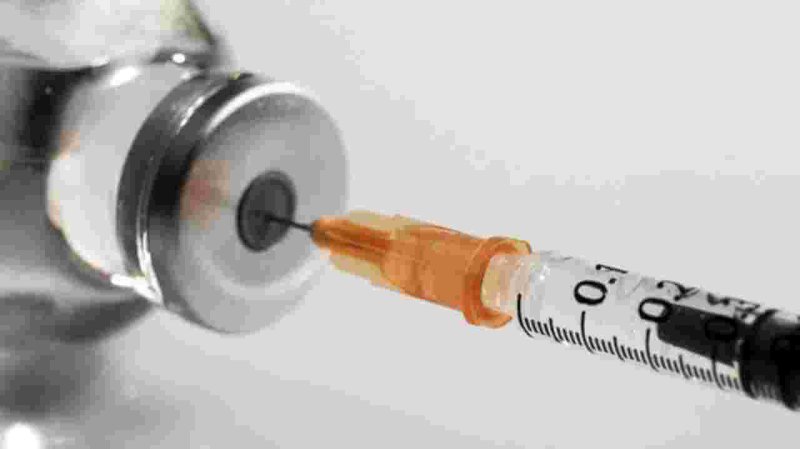[Researcher Andrew] Read and his colleagues are studying how the herpesvirus that causes Marek’s disease — a highly contagious, paralyzing and ultimately deadly ailment that costs the chicken industry more than $2 billion a year — might be evolving in response to its vaccine. Its latest vaccine, that is. Marek’s disease has been sickening chickens globally for over a century; birds catch it by inhaling dust laden with viral particles shed in other birds’ feathers.
…
[I]n recent decades, the virus has become more deadly. Read and others, including researchers at the U.S. Department of Agriculture, posit that the virus that causes Marek’s has been changing over time in ways that helped it evade its previous vaccines. The big question is whether the vaccines directly incited these changes or the evolution happened, coincidentally, for other reasons, but Read is pretty sure the vaccines have played a role.In a 2015 paper in PLOS Biology, Read and his colleagues vaccinated 100 chickens, leaving 100 others unvaccinated.
…
The team found that, over the course of their lives, the unvaccinated birds shed far more of the least virulent strains into the environment, whereas the vaccinated birds shed far more of the most virulent strains. The findings suggest that the Marek’s vaccine encourages more dangerous viruses to proliferate.
…
Most people have heard of antibiotic resistance. Vaccine resistance, not so much.
Read full, original post: Vaccines Are Pushing Pathogens to Evolve































